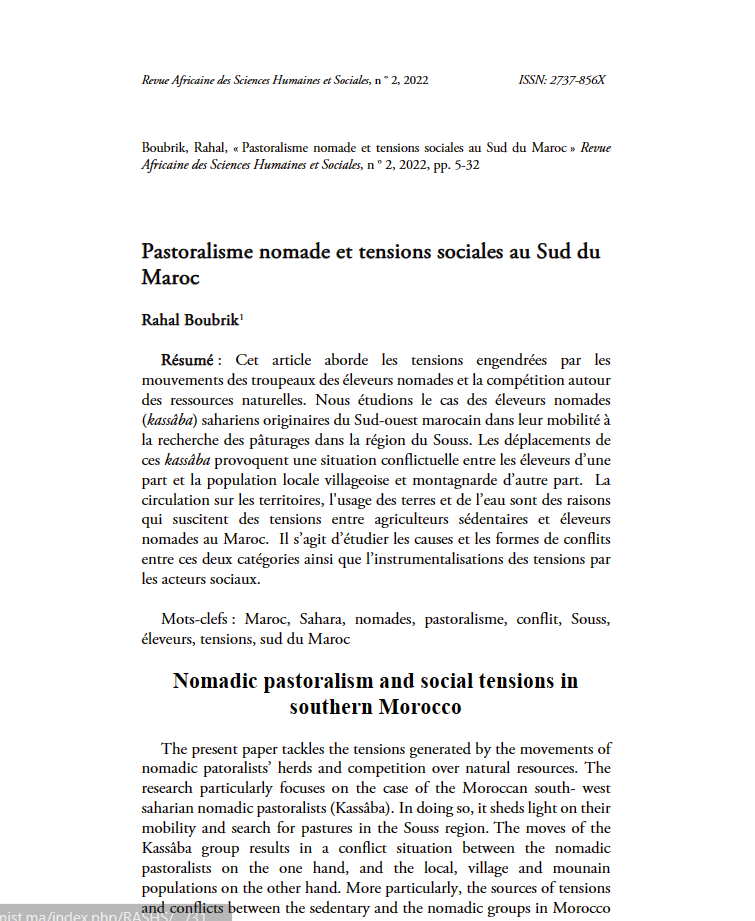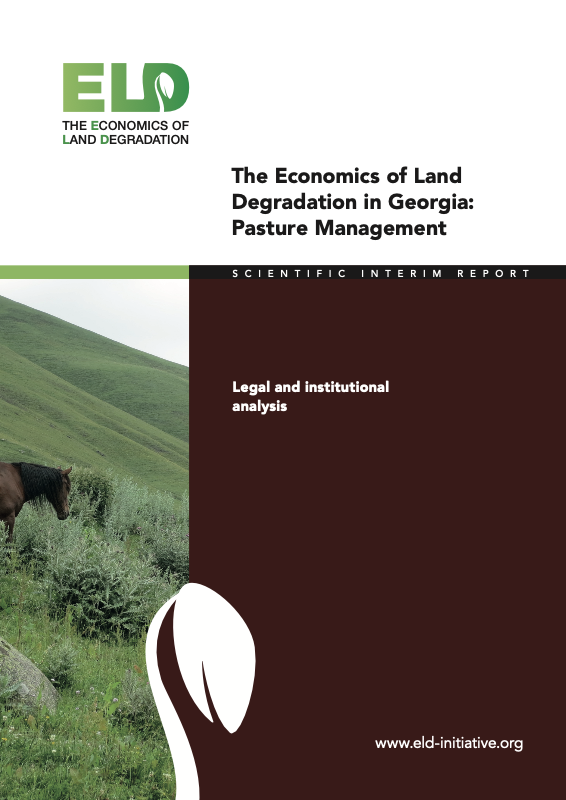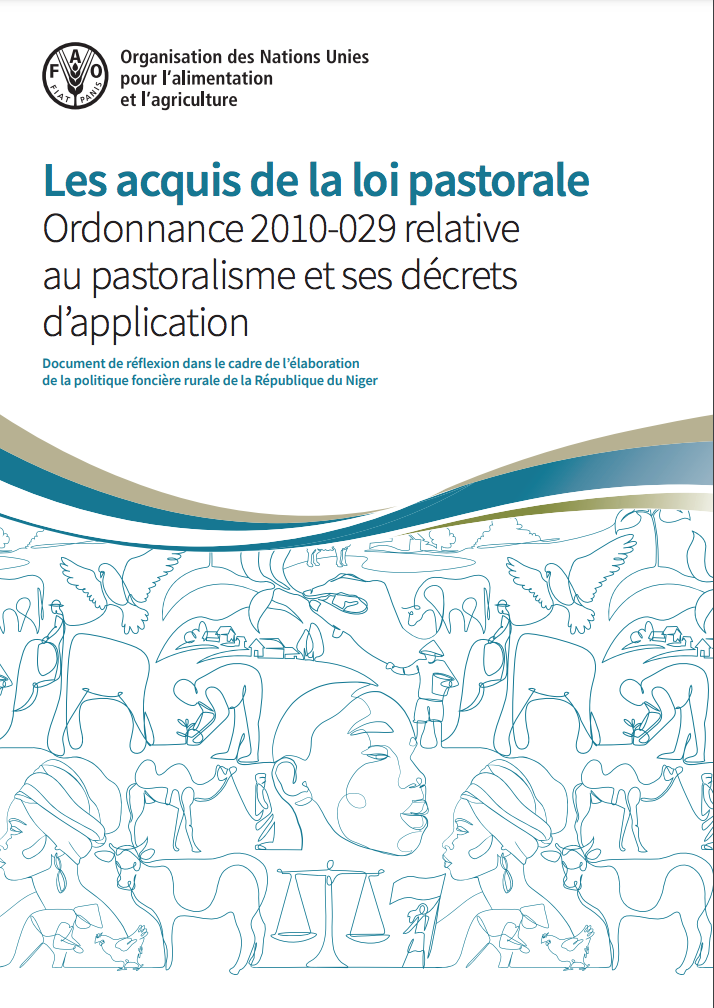Regenerating Rangelands
Participatory rangeland management (PRM) is a process building the capacities of local communities to better manage their lands, reduce natural resource conflicts, and build good governance. This film shown through the eyes of two local protagonists – one in Kenya and Tanzania – describes the PRM approach and how their communities are benefiting from it. A beautiful film highlighting some of the challenges that pastoralists face as well as solutions to overcome them.






